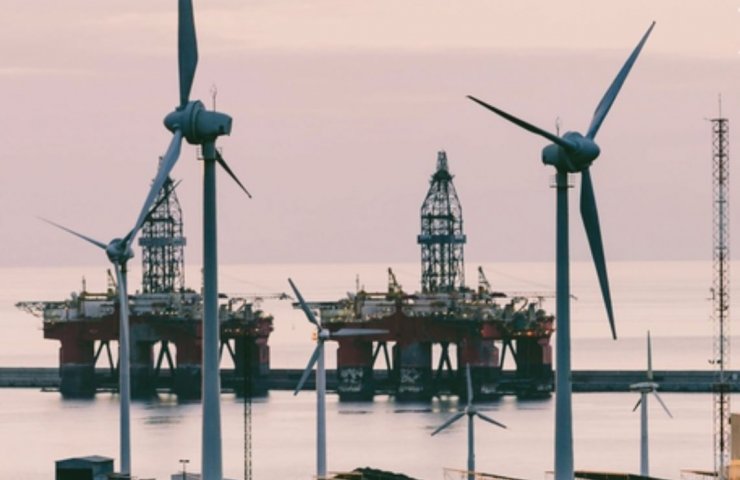There will be no frontal offensive of renewable energy sources (RES) within the framework of decarbonization, in which traditional fuels will be displaced. This is evidenced by the analysis carried out in OPEC.
Renewable energy sources, despite the fact that they will receive priorities and incentives for advanced development, are unlikely to take more than 10% of the global fuel balance. Oil will retain the largest share in the structure of energy consumption - more than 28% by 2045. The use of all main types of fuel, excluding coal, will grow in physical volumes. World oil demand will reach 108.2 million barrels per day by 2045 (90.6 million in 2020).
India will make the largest contribution to the increase in oil demand, adding 6.5 million barrels per day. The APR countries will become the main consumers of oil and condensate, increasing demand from 23.5 million barrels per day in 2019 to 30 million barrels in 2045. This region will by that time become a new "factory of the world", providing an increase in global GDP.
The total fleet of commercial and passenger cars will increase by 1.1 billion units by 2045, to 2.6 billion units. At the same time, the share of engines running on alternative fuels will not exceed 24%, which will lead to an increase in oil demand in this sector by 6.3 million barrels per day during the entire forecast period. At the same time, the consumption of hydrocarbons by aviation will add 5.8 million barrels.
Oil consumption will be expanded to 5.8 million barrels per day to meet the energy needs of aviation.
Overall, cumulative investment needs will be $ 11.8 trillion between 2021-2045, including $ 9.2 trillion in production and $ 1.5 trillion in refining.
OPEC and countries outside the zone of influence of the United States and the European Union will continue to provide the global growth in hydrocarbon consumption. This circumstance predetermines the increased activity of the "international community" in promoting the "green revolution" and decarbonization through agents of influence in order to maximally weaken energy dependence on the countries of the "third world", replacing it with "carbon neo-colonialism".




